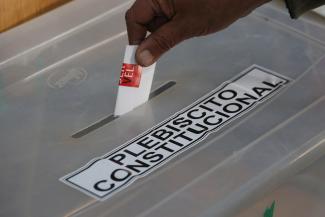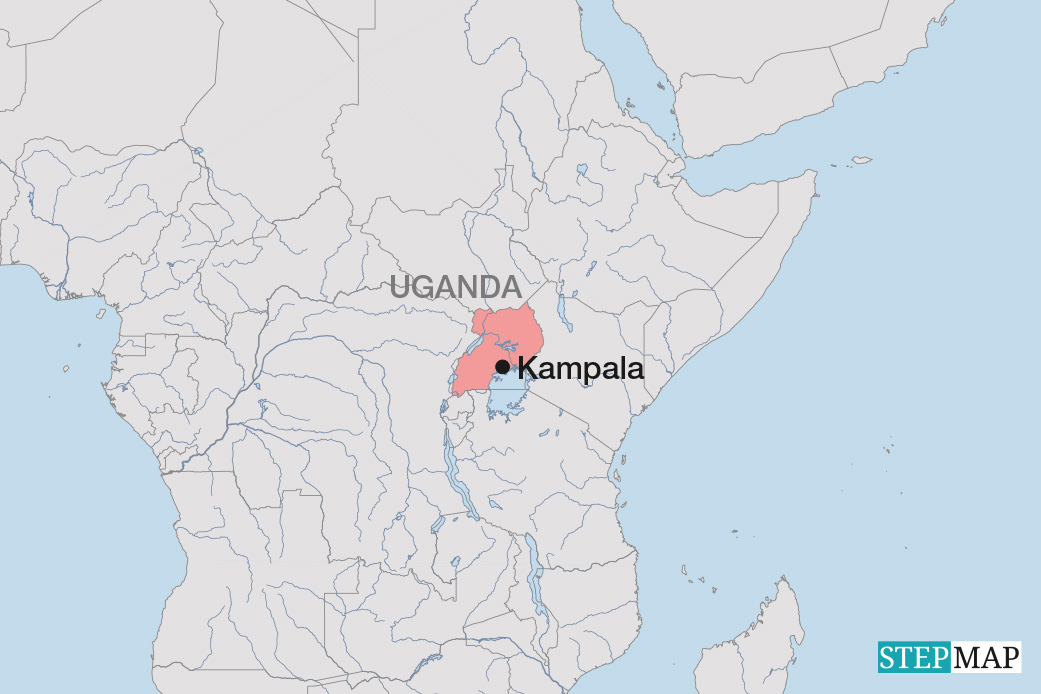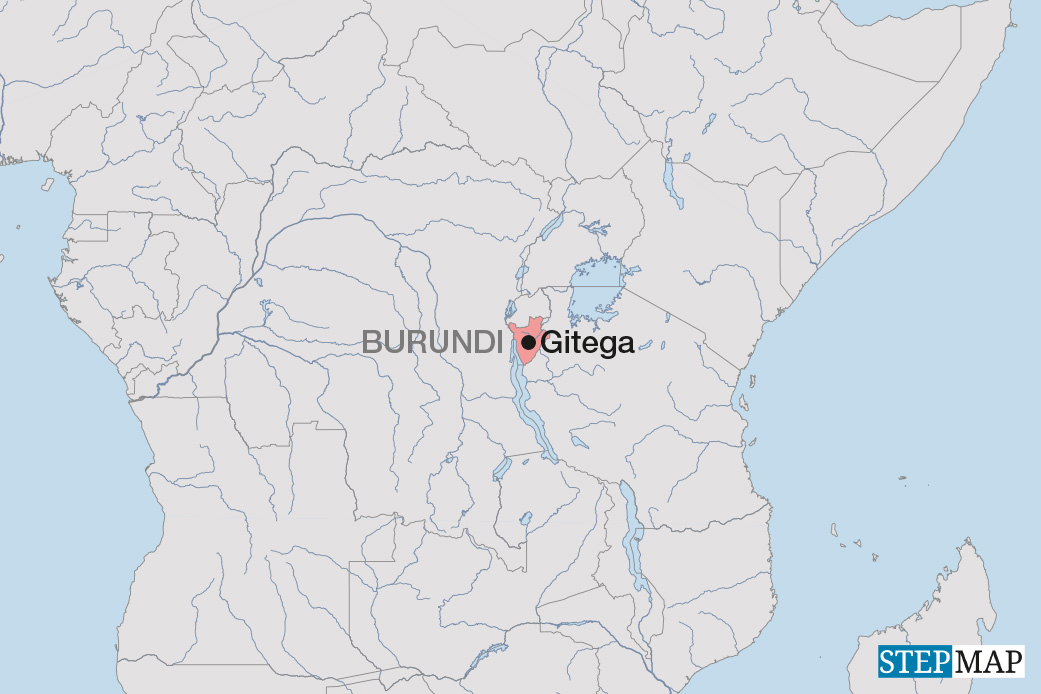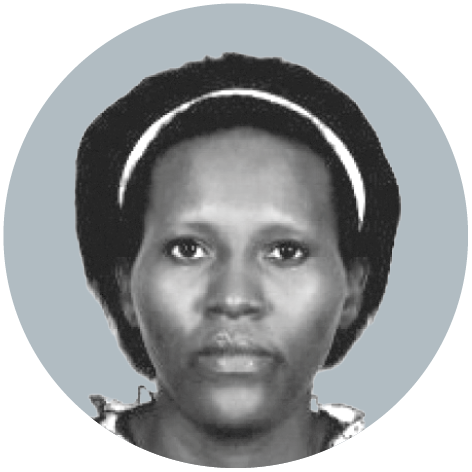Constitutional referendum
Why Chile needs another constitutional assembly

It was supposed to be brilliant, but Chile‘s people did not approve the new constitution in the referendum of 4 September. Its proponents had hoped it would become the crowning glory of a reform process that had started three years ago. The new constitution was supposed to be socially more equitable, more modern and more environment friendly.
The reform process started with a wave of protests against poverty and inequality in 2019. In a referendum in 2020, 80 % of voters opted for drafting a new constitution (at the time, Javier A. Cisterna Figueroa assessed matters on www.dandc.eu). The current constitution dates back to 1980 and is a legacy of the Pinochet dictatorship, emphasising its authoritarian attitudes and free-market orthodoxy.
In May 2021, a constitutional assembly (Convención) was elected. In December. Gabriel Boric, a young leftist, won the presidential election. He took office in March as the successor of conservative leader Sebastián Piñera (see comment by Javier A. Cisterna Figueroa on www.dandc.eu). This summer, the convention published its draft constitution. It contained explicit rights to healthcare, shelter, education, elderly care, internet access as well as clean air and water. It foresaw specific rights for indigenous peoples and included protections for animals and ecosystems.
The voters did not appreciate it. For several reasons, over 60 % voted “no”.
Many controversial issues
First of all, the draft text was very long and excessively detailed. It included 388 articles covering a host of issues, including, for example, healthy nutrition, gender parity in public institutions and an individual’s sexual orientation. Some of these points were quite contentious.
Opponents of the draft took advantage of related controversies in their “rechazo” (rejection) campaign. Web-based disinformation helped them spread fears. The state would nationalise people’s private properties, it was falsely argued, and a communist dictatorship was said to be preprogrammed.
On the other hand, many voters indeed disagreed with specific points of the draft constitution. There is no consensus on whether there should be a right to abortion, for example. Some institutional changes, including the abolition of the Senate, were controversial as well.
A crisis of trust
It equally mattered that the Convención itself was not beyond criticism. Polls showed that, in many people’s eyes, its legitimacy was dented due to various scandals. Right-wing agitation further contributed to undermining public trust.
Ultimately, the referendum was thus about party politics. The opposition campaigned to reject the proposal, whereas the government endorsed it. Instead of focusing on long-term principles, debate increasingly revolved around day-to-day politics.
A constitution, however, differs from a political party’s platform. In as few words and clauses as possible, it should define basic values and spell out how a nation will govern itself, how laws will be passed and how the law courts will operate. What the Convención proposed, by contrast, rather resembled the demands spelled out in a left-wing party’s election manifesto.
The constitutional process will go on. The Senate has already approved a roadmap. It starts with the election of a new constitutional assembly, which will have the opportunity to do a better job, focusing less on detailed regulations concerning a multitude of issues and paying more attention to all citizens feeling represented. The advice of an expert board is expected to enhance the credibility of decisions, moreover. A crucial point is that the opposition must not be able to systematically cast doubt on the entire process once more.
Eva-Maria Verfürth is a freelance author. She founded and edits the online magazine Tea after Twelve.
eva.verfuerth@gmail.com














